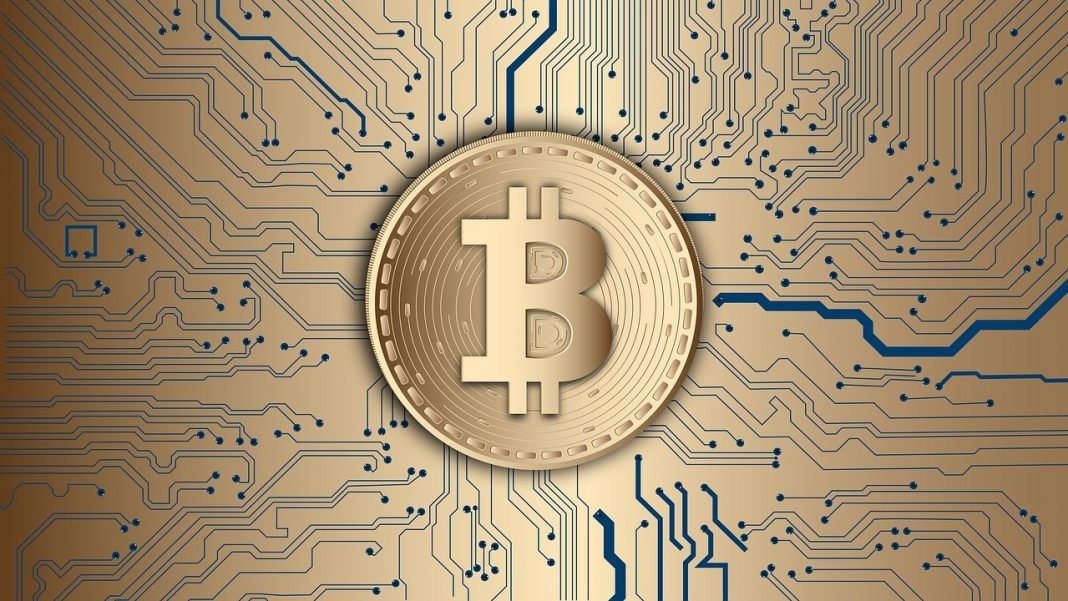Bitcoin is the oldest and best-known cryptocurrency in the world working non-stop since 2009 which commonly abbreviated as “BTC”. Satoshi Nakamoto released the original bitcoin whitepaper in 2008 and worked on the original bitcoin software that was released in 2009.
Unlike government-issued currencies, Bitcoin is operated by a decentralized authority. It is a peer-to-peer cash protocol designed to operate without central authorities like governments and banks. Bitcoin is open-source nature ensures that all its transactions, as well as the issuance of bitcoins, are collectively secured by genius math, cryptography, and network participants called miners. Such a design makes it the most sophisticated, accessible, and transparent money.
The miners can be thought of as the decentralized authority enforcing the credibility of the bitcoin network. New bitcoin are released to the miners at a fixed, but periodically declining rate. There are only 21 million bitcoin that can be mined in total. As of June 2021, there are over 18 million bitcoin in existence and less than 3 million bitcoin left to be mined.3
In this way, bitcoin operate differently from fiat currency. In centralized banking systems, the currency is released at a rate matching the growth in goods; while this system is intended to maintain price stability. A decentralized system, like bitcoin, sets the release rate ahead of time and according to an algorithm.
Bitcoin Mining
The bitcoin system is a collection of computers (referred to as “nodes” or “miners”) that all run bitcoin’s code and store its blockchain. This makes it possible to trace the history of Bitcoins to stop people from spending coins they do not own, making copies or undo-ing transactions.
Risks of Bitcoin Investing
Regulatory Risk
Bitcoin is a rival to government centralized currency and may be used for black market transactions, money laundering, illegal activities, or tax evasion. So, governments may seek to regulate, restrict, or ban the use and sale of bitcoin (and some already have). Others are coming up with various rules.
The lack of uniform regulations about bitcoin (and other virtual currencies) raises questions over their longevity, liquidity, and universality.
Security Risk
Bitcoin exchanges are entirely digital and, as with any virtual system, are at risk from hackers, malware, and operational glitches. If a thief gains access to a bitcoin owner’s computer hard drive and steals their private encryption key, they could transfer the stolen bitcoin to another account.
Insurance Risk
Bitcoin exchanges and accounts are not insured by any type of federal or government program.
Fraud Risk
While bitcoin uses private key encryption to verify owners and register transactions, fraudsters and scammers may attempt to sell false bitcoin.
Market Risk
Like with any investment, bitcoin values can fluctuate. Indeed, the value of the currency has seen wild swings in price over its short existence. Subject to high volume buying and selling on exchanges, it has a high sensitivity to any newsworthy events.
Picture is from Pixabay.


